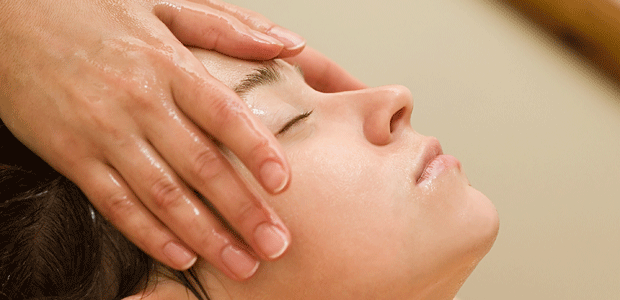Advertisement
Great Guggulipids
Ancient herb, modern applications

Studies conducted on the herb guggul have yielded promising results in the treatment of high cholesterol. Recently, scientists have been doing an in-depth guggul search.
Guggul has a long history of use in Ayurvedic medicine. Its yellowish gum is harvested from the mukul tree (Commiphora mukul), a small, thorny plant native to northern India. Combined with other herbs, it has been used in the treatment of a wide variety of conditions, such as arthritis, skin diseases, obesity, and various forms of neuropathy.
The Sushruta samhita, an ancient Sanskrit medical text, lists guggul as a treatment for medoroga, a form of obesity characterized by a variety of complications, including cardio-vascular disease.
Western herbal medicine generally uses guggul in the form of an extract called guggulipids. Applications in the West have focused primarily on cholesterol reduction, although other potential applications include weight loss, hypothyroidism, osteoarthritis, and cognitive decline.
Modern science and guggul
Modern studies have shown promising results. Used over a period of four to 12 weeks, guggulipids reduced bad cholesterol (LDL) by as much as 27 percent and triglycerides by as much as 30 percent in those with previously elevated cholesterol levels. It is worth noting, however, that a relatively recent study published in the Journal of the American Medical Association found no such benefits.
Scientists at Baylor College in the US established that guggulipids block the activity of a receptor in liver cells resulting in reduced LDL cholesterol levels.
Research into the benefits of guggulipids has gone beyond its cholesterol-lowering effects. Studies are looking at the extract in several other therapeutic uses. For example, chemically induced hypothyroidism was reversed in mice that received guggul, indicating a potential use for regulating thyroid function.
Scientists at the University of Southern California found that when patients with osteoarthritis were given guggulipids, they showed measurable improvements in pain reduction, stiffness, and overall physical function. No side effects were reported during the trial. In addition, preliminary studies indicate that guggulipids may be as useful as the herb Gingko biloba for memory enhancement.
As always, see your health practitioner and make certain he or she does a guggul search before beginning any new treatment.
Drug interactions
The active constituents of guggul, guggulsterones, enhance the body’s ability to break down many drugs. Guggul may interfere with a variety of medications, including:
- Cholesterol-reducing drugs
- Thyroid medications
- Cyclosphosphamide, a cancer-fighting drug
- Acetaminophen
Side effects
Though raw guggul gum can be an irritant, guggulipids have few side effects.




